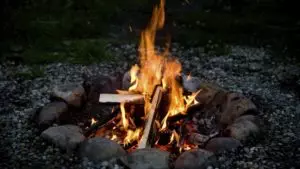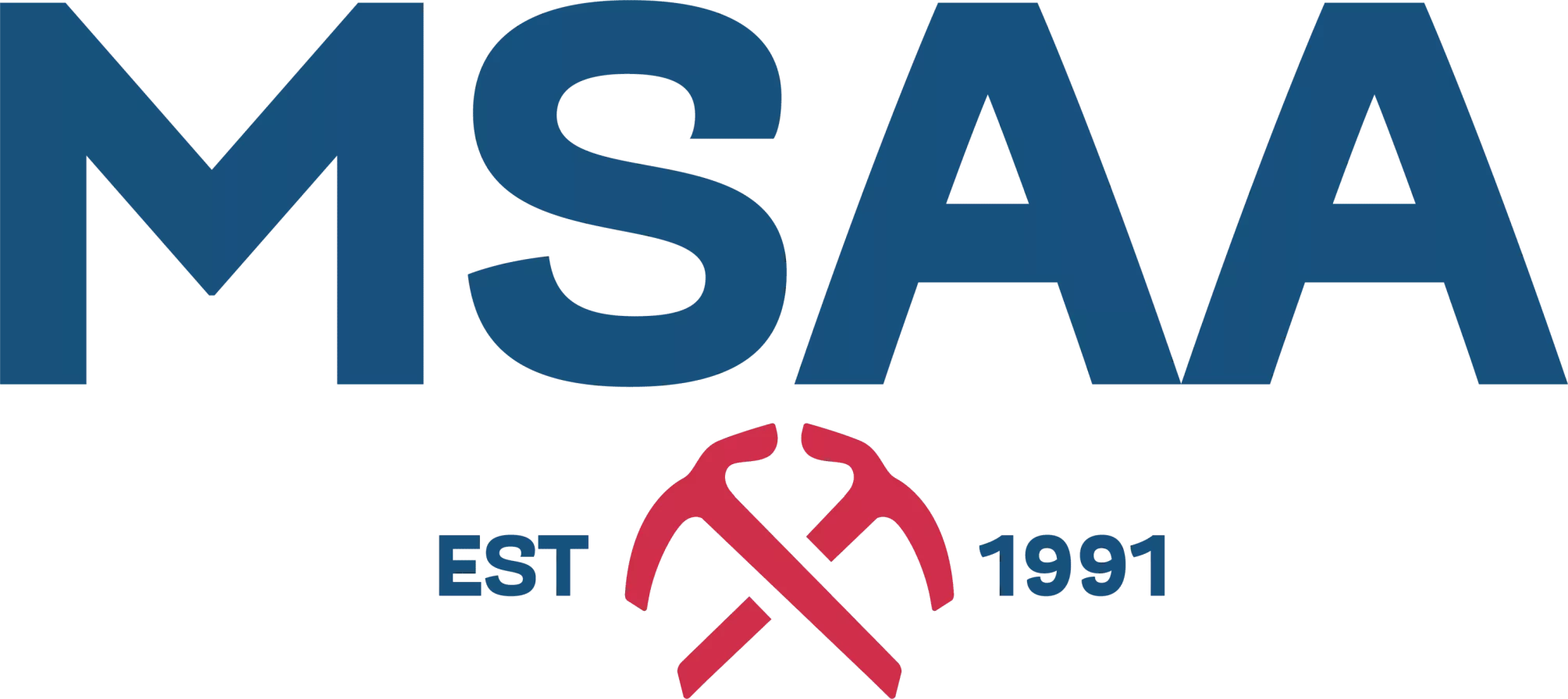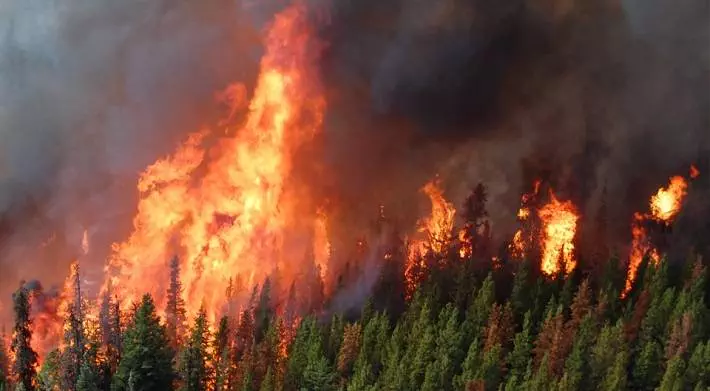You’ve probably been hearing about wildfires sweeping through British Columbia this month. According to BC Wildfire, as of today (July 20, 2017) a total of 152 wildfires are currently burning across the province. Emergency services have responded to 688 fires since April 1, which have burned an estimated 405,000 hectares of land. The cost to control these blazes has run up to $111.9 million, which doesn’t include any of the costs to the province for dealing with the fallout such as housing the approximately 42,000 displaced B.C. residents. While most of the wildfires are in the Cariboo and Kamloops Fire Centres, the danger rating is between Moderate and Extreme for most of the province.
That means if you are heading into the outdoors, you need to be on your guard against wildfires, both in preventing them and reporting any evidence of them promptly. If you see smoke, flames or an open fire violation (including irresponsible behaviour involving fires), call *5555 from your cell phone to report it.
What can start a wildfire?
The battle against wildfires begins with preventative measures. There are obvious igniters such as discarded cigarette butts, embers from a camp fire and open flames such as tiki torches, but there’s also some that are not so obvious. Hot exhaust pipes from motorized vehicles such as ATVs and motorcycles can come in contact with dry grass and vegetation. Power tools such as chainsaws can cause sparks and heat that can similarly ignite surrounding plant life. Even discarded glass can cause ignition.

Best campfire practices
The first thing to do when camping in the summer is to check the regional Fire Danger Rating. This will determine what size of campfires are permitted (if at all) and what containment devices should be used. Bear in mind that in some municipalities you may require a permit to have any open fire. The BC Ministry of Forests, Lands Natural Resource Operations defines a campfire as “an open fire that burns piled material no larger than 0.5 metres in height and 0.5 metres in diameter.” Some tips to responsible campfire burning:
- Never leave the fire unattended
- Have a hand tool such as a shovel nearby or at least eight litres of water on hand in case the fire begins to spread
- Maintain a fuel break (or fire break) at least three metres around the fire. This is a change in fuel type or condition such as a strip of dirt or gravel to minimise the likelihood of the fire spreading
- Never have a campfire if it’s windy
- When extinguishing the fire to go to sleep or when leaving the campsite, douse the fire thoroughly with plenty of water, Make sure to stir the embers and ashes until they are all cold to the touch.

Using stoves and portable campfires
Outdoor stoves burn liquid or gaseous fuel for the purpose of cooking or warmth. A portable campfire apparatus is a free standing fireplace that burns the similar liquid or gaseous fuel for ambience and heat. With either of these devices, the flame should not be more than 15cm tall and their use may be restricted depending on the Fire Danger Rating. As stated above, if placing the device on the ground, do so on a non-combustible surface such as gravel, dirt or sand and maintain a fire break around it.

Use of Drones and UAVs
If you like to capture drone footage while out hiking, make sure you are not interfering with aerial fire suppression operations. A radius of five nautical miles around a fire and 3,000 feet above sea level is restricted air space and flying your drone in there could net you a fine of $25,000 and 18 months in jail.
Air Quality Health Index
Something to be mindful of when hiking or spending time in the outdoors is the Air Quality Health Index. Winds can transport smoke over hundreds of kilometres into areas where there are no active fires. If it looks hazy outside, check the index values on the Government of Canada website before heading out for your camping trip or hike.
Stay Fire Smart
A lot of wildfire prevention is just common sense. Letting off fireworks and flicking cigarette butts at any point during the summer is a bad idea, let alone during a high danger rating. Stay alert and if you see smoke, don’t be afraid to call it in. Emergency Services would rather get more calls than they need than not get the call at all.
If you would like to assist BC residents displaced by wildfires you can donate to the Canadian Red Cross

